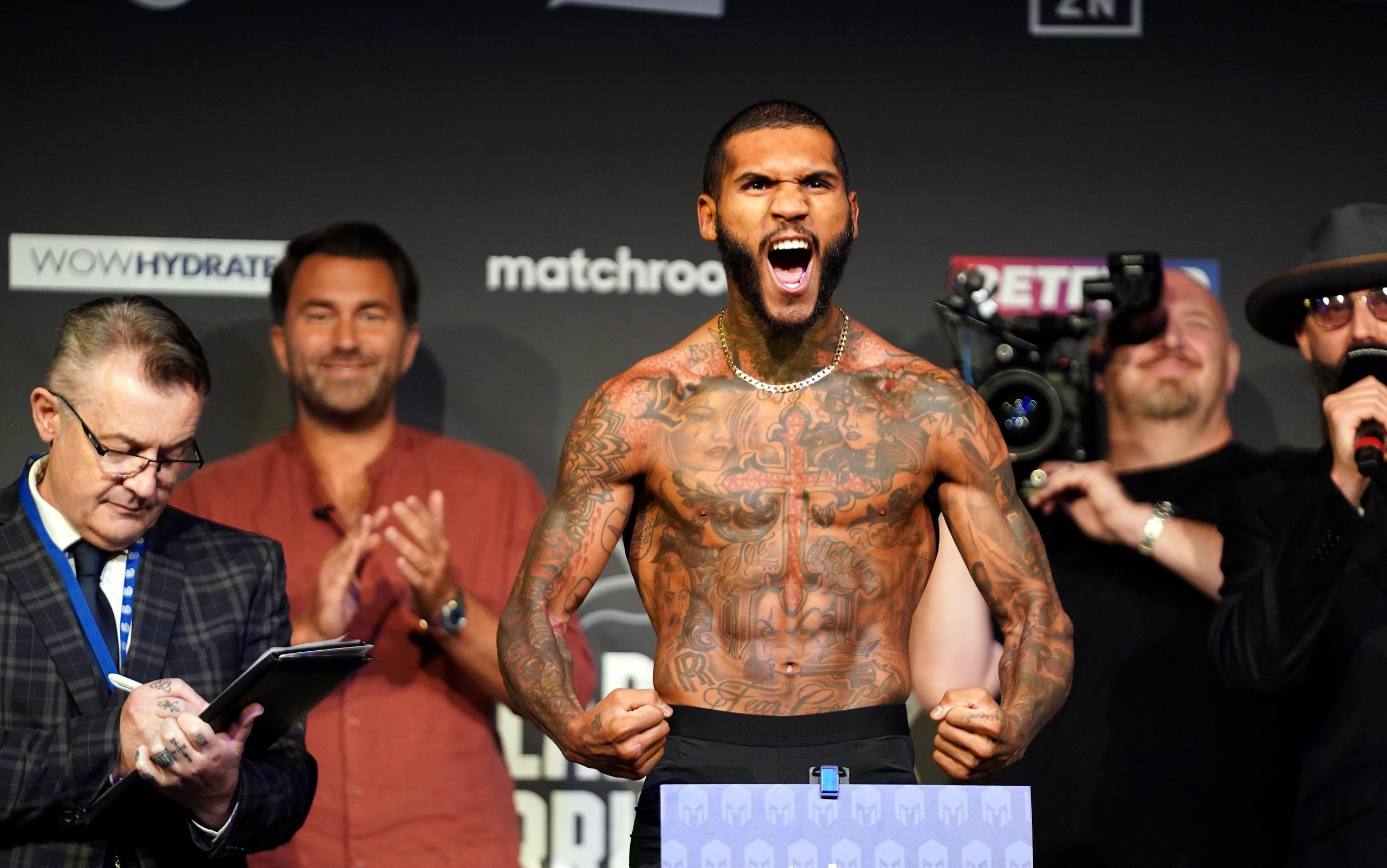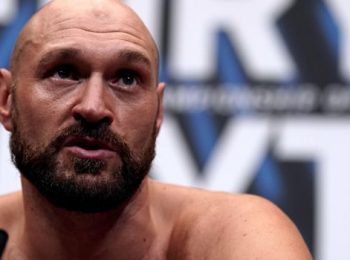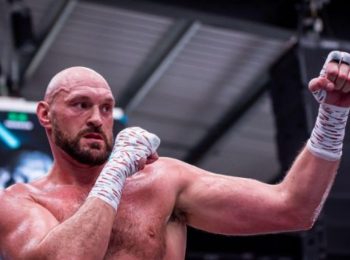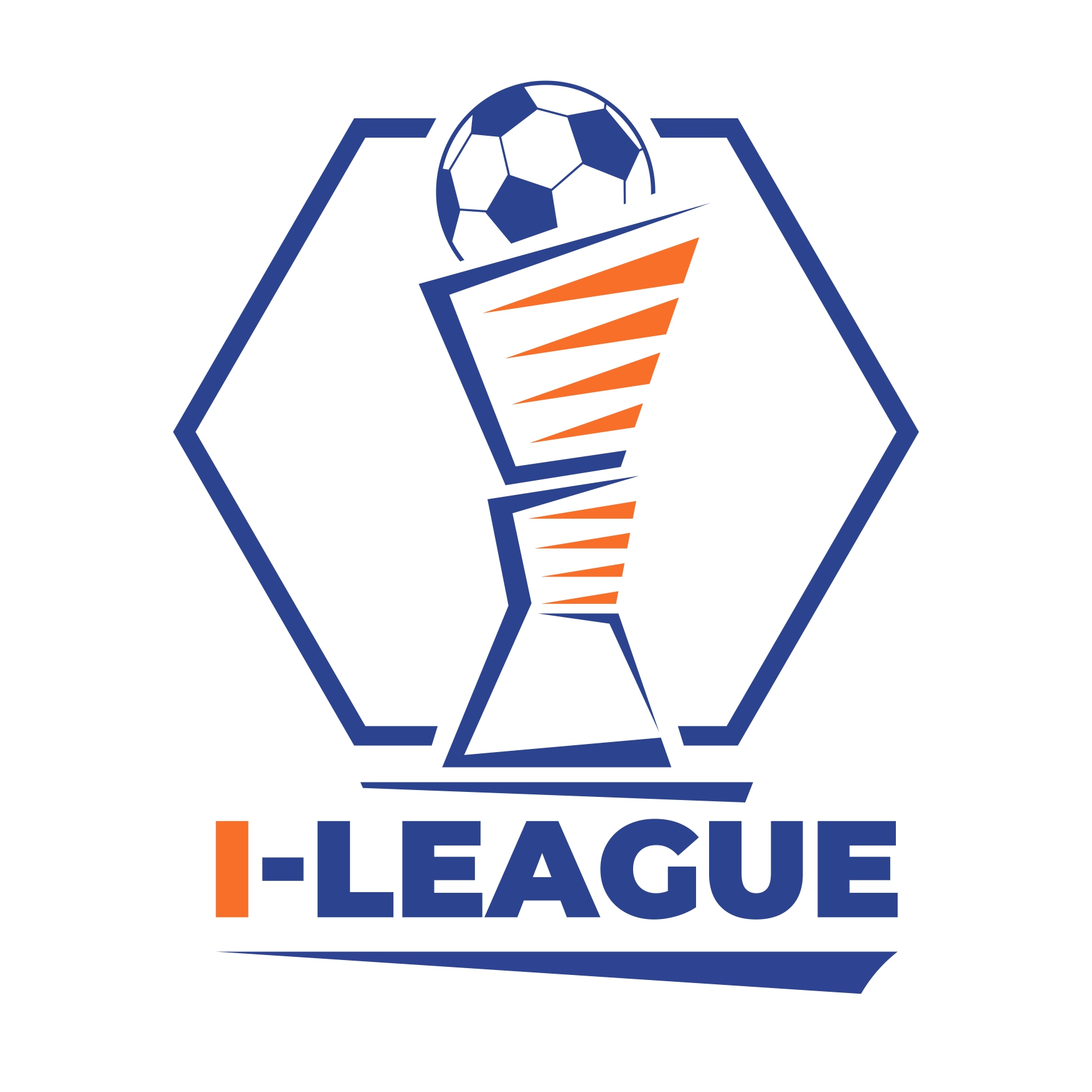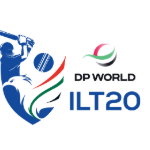Conor Benn’s journey back to the boxing ring has taken an unexpected twist as an appeal emerges against the decision to reinstate him following a suspension. The British boxer, the son of veteran Nigel Benn, faced a setback when he failed two drug tests, leading to the cancellation of a highly-anticipated bout against Chris Eubank Jr last year.
However, recent events have stirred the pot, as the independent National Anti-Doping Panel overturned Benn’s suspension, seemingly paving the way for his return. Yet, this development has triggered a strong reaction from both the British Boxing Board of Control (BBBoC) and UK Anti-Doping (UKAD), who have jointly lodged an appeal against the decision.
In a statement released by the British Boxing Board of Control, the body explained their stance and revealed the reason for their recent move: “The British Boxing Board of Control Limited (BBBoC) has filed an appeal regarding the independent National Anti-Doping Panel’s decision in anti-doping proceedings involving Benn.
“As the governing body for professional boxing in the United Kingdom, the BBC has chosen to exercise its independent right to appeal the decision.”
The 26-year-old expressed his feelings in the face of this development: “I’m disheartened by the news of an appeal, especially given that I had already been cleared by both the WBC and the National Anti-Doping Panel to resume my career without any constraints. I’ve stated my innocence time and again. My stance remains unchanged, and I remain steadfast in my position.”
The situation highlights the intricacies of anti-doping regulations and their far-reaching impact on athletes’ professional careers. What initially seemed like Benn’s long-awaited return to the boxing ring has now morphed into a testament to the very dicey legal and regulatory nuances that athletes must navigate within the competitive realm of professional sports.
Leon Osamor






